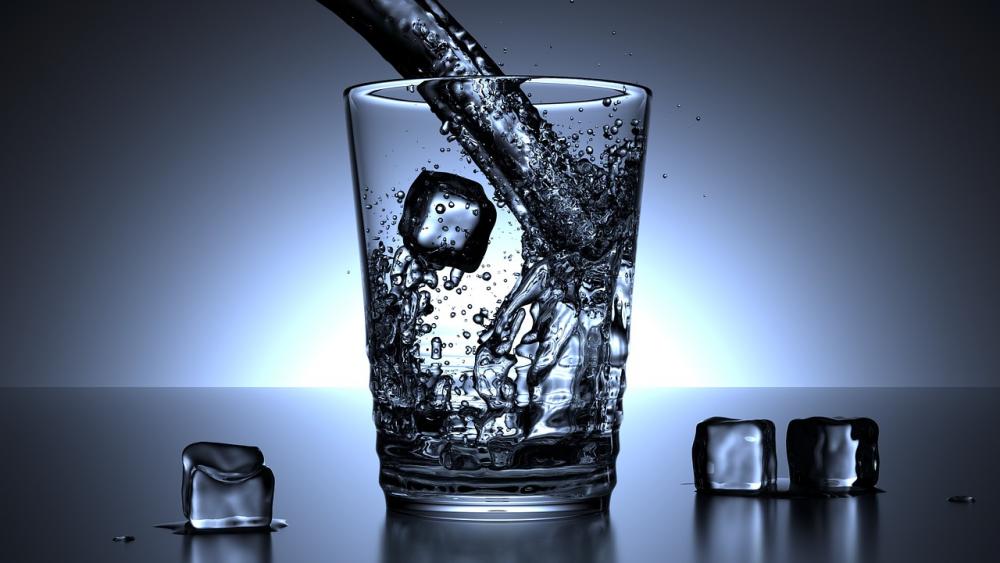Water Worries: 3 Ways To Combat Waterborne Contaminants This Summer
Between the increased heat and the extra freedom that kids get from being out of school, summer is the season where water usage is most likely to increase. Because increased use of anything can result in an equal increase in the chance of contracting an illness, among other hazards and issues, we present a trio of safeguards against the potential contamination of your water supply.
Be Environmentally Aware
Be mindful of what you use when washing things like your house or your car outside, the chemicals in substances like car-washing soap can seep into the ground and contaminate the water table by commingling with groundwater. The same goes for being careless with bleach when cleaning around the bathtub or allowing oil leaking from your car to seep down into an outdoor drain. Research the chemicals in the things you use that could potentially worsen the quality of your water and adjust your supplies accordingly.
Install a Water Conditioning System
There are a variety of minerals and chemicals that can wreak havoc with your water system and what you use it for. Left unchecked, these minerals can reduce the flow of your water, become problematically rich in sulfur, iron or manganese and "harden" the overall quality of your water. Fortunately, a reliable water conditioning system can assuage worries of these problems. You can get in contact with a company like Johnson Water Conditioning to find out what is best for your home and water.
Maintain Your Pool
An untreated swimming pool is a haven for algae and other contaminants to not only develop but thrive. Make sure to regularly check the pH level of your swimming pool, with readings between 7.2 and 7.8 being ideal conditions for swimming. Also, remember that scrubbing the submerged tile on a weekly basis is a good way to reducing the potential for algae to bloom and that there are different types of filters. When "opening" your pool for a new season, it is important to remember that the preparatory work involved can sometimes require up to a week of balancing things out before it is safe to swim.
While your local sanitation plant handles the lion's share of stopping water contamination, every person can affect those efforts by their choices made near, or involving, water. Consider installing a water conditioning system to avoid hard water or as a defense against using chemical-saturated water. Pool owners should treat their pools like a low-maintenance pet; while the upkeep isn't much, it must still be done to avoid illness.




0 Comments
Recommended Comments
There are no comments to display.